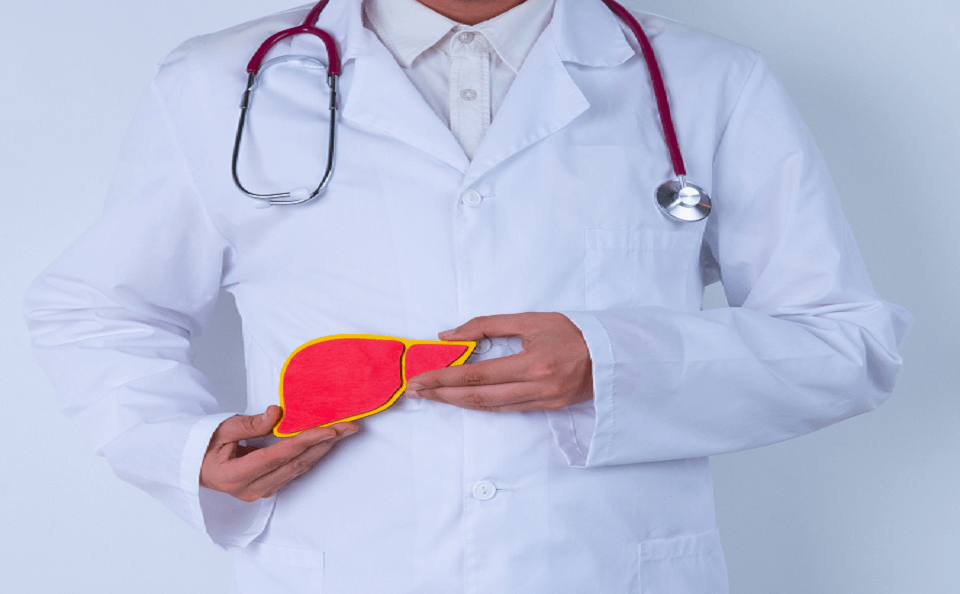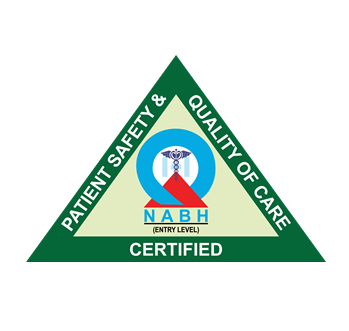
Understanding Fatty Liver Causes Symptoms & Treatment Options
Fatty liver disease appears to be more common in India, especially in metropolitan cities like Bangalore, due to certain lifestyle choices and dietary habits, along with rising obesity and diabetes.
An effective understanding of the condition’s causes, fatty liver symptoms, and available fatty liver treatment options enables effective disease management and protects the liver’s health in the long term.
What is Fatty Liver?
Fatty liver, also referred to as hepatic steatosis, describes the state of the liver when excess fat is accumulated in the liver cells. Some extra fat built in the liver cells is referred to as one of the two categories:
- Alcoholic Fatty Liver Disease (AFLD): Caused by excessive alcohol consumption, which damages liver cells, leading to fat accumulation.
- Non-Alcoholic Fatty Liver Disease (NAFLD): Unlike the previous type, NAFLD is common among people who do not drink alcohol or drink very little. NAFLD is generally attributed to obesity and diabetes, along with increased cholesterol and a sedentary lifestyle.
If left untreated, fatty liver may advance to more severe conditions, including non-alcoholic steatohepatitis, also known as (NASH), Fibrosis and cirrhosis.
Causative factors of fatty liver
The development of fatty liver may stem from:
- Unhealthy diet – diets comprised of high amounts of sugars, refined carbohydrates and saturated fats are more likely to foster fat build-up in the liver.
- Obesity – Increased body fat, especially in the abdominal region, may increase the risk.
- Type two diabetes – Fatty liver disease is common in patients with high blood sugar and insulin resistance with type 2 diabetes.
- Increased cholesterol and triglycerides – Fatty liver disease may occur as a consequence of fat deposits caused by high cholesterol and triglycerides.
- Alcohol – excessive alcohol intake is a cause of fatty liver disease in its alcoholic forms.
- Sudden and extreme dieting – diets that are sudden and extreme may trigger fatty liver.
- Certain types of drugs – some drugs, when taken for long periods of time, may interfere with the liver’s ability to function.
- Family history – some people may develop the condition more easily because of having relatives who have suffered from it.
Symptoms of Fatty Liver
One of the difficulties with fatty liver disease is its lack of obvious symptoms in its early stages. Many individuals only realise they possess the condition during routine health examinations. When symptoms do manifest, they may include;
- Persistent fatigue or weakness.
- Discomfort or dull ache in the upper right quadrant of the abdomen.
- Undocumented weight decrease.
- Reduced desire to eat.
- Hepatomegaly (revealed in physical exam).
In more advanced forms, the condition may also manifest as abdominal swelling (ascites), jaundice (skin and eye yellowing), and mental impairment owing to high blood toxins.
Diagnosis of Fatty Liver
As with many other forms of fatty liver, the condition begins silently, and thus it is more often the case that tests are done rather than symptoms being evaluated to reach a diagnosis. Some of the more common diagnostic procedures include:
- Physical examination– during which the liver may be palpated as enlarged and tender.
- Blood tests– abnormal enzyme levels may be revealed in liver function tests.
- Ultrasound scan– one of the most common ways of diagnosing liver steatosis.
- CT scan or MRI– when more detailed images are needed, these may be utilised.
- Fibro scan– assesses liver stiffness, which may indicate the presence of scarring or Fibrosis and thus, fatty liver.
- Liver biopsy– in some cases, it is necessary to extract a small piece of tissue to assess the degree of fatty and inflammatory changes.
Acting early is crucial if one wants to prevent the condition from getting worse, and is more able to determine how effectively to treat fatty liver.
Fatty Liver Treatment Options
At present, there is no specific medication for fatty liver; however, treatment consists of triaging holistic underlying factors and implementing rigorous lifestyle changes.
Lifestyle changes
- Balanced nutrition – Priorities fruits, vegetables, whole grains and lean proteins while cutting out the unhealthy fats, added sugars, refined carbs and processed foods.
- Weight management – Maintaining your ideal weight will always help in better Liver health.
Addressing Comorbidities
- Diet, exercise, and medication can be utilised to manage high cholesterol and ensure a leaner ratio.
- Fatty liver disease can be aggravated with alcohol intake; hence, cutting out or reducing alcohol consumption is recommended.
Professional Care
- Chronic liver disease and cirrhosis require consistent monitoring and management, hence the need for routine checkups.
- Certain medications may also exacerbate fatty liver, requiring close examination and adjustments.
Hinder Progression
- Vaccination for hepatitis is also recommended to prevent further liver damage.
- Abstain from the use of unregulated medication that is harmful to the liver.
Prevention Tips
Although not all instances of fatty liver disease can be avoided the adoption of a healthy lifestyle can mitigate the risk in the following ways:
- Eating a balanced diet with more fresh produce than processed foods.
- Maintaining a healthy body weight.
- Limiting alcohol consumption.
- Staying physically active.
- Regular health checkups will help in understanding the risk
Fatty liver disease can be effectively managed with timely diagnosis, lifestyle changes, and the right medical guidance. At East Point Hospital, Bangalore, our team of specialists offers comprehensive evaluation and personalised treatment plans to help patients reverse liver damage and restore their health. With advanced facilities and expert care, we ensure that every patient receives the best possible outcome for long-term liver wellness.

